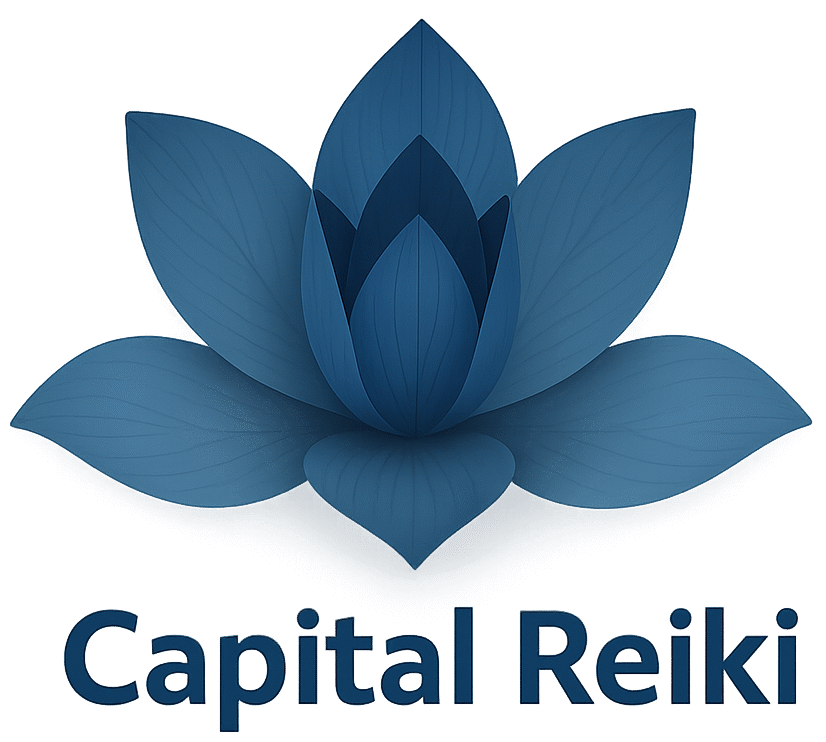Content by Zeeshan Ashraf as published in Varsity.
Reiki is an ancient form of Japanese healing that has been used for thousands of years to restore balance and harmony to the body, mind, and spirit. It involves the laying of hands over specific areas of the body to heal physical ailments, emotional imbalances, and spiritual struggles. Reiki practitioners view this practice as a non-invasive and gentle form of energy healing.
In this article, we will explore the history of Reiki, how it works, and its potential health benefits. We will also provide information about the process of becoming a Reiki practitioner and discuss some of the common misconceptions associated with this type of energy healing. By the end, you’ll have a better understanding of how Reiki works and its potential to help you heal from physical, emotional, and spiritual ailments.
What is Reiki?
Reiki is a form of energy healing that originated in Japan thousands of years ago. It was developed by Buddhist monk Mikao Usui in the early 1900s and has since spread to become a popular alternative therapy in many parts of the world.
The word “Reiki” comes from two Japanese words: Rei, which means “universal life” and Ki, which means “energy.” Therefore, Reiki is sometimes referred to as universal life energy healing.
During a Reiki treatment, a practitioner gently lays their hands on or near the person’s body to activate and channel healing energy. This energy is believed to have the power to balance and restore physical, mental, emotional, and spiritual wellness.
How Does Reiki Work?
The basis of Reiki is that it works by activating and channeling spiritual energy. During a Reiki session, the practitioner connects with this spiritual energy and directs it to areas of the body where it is needed.
Reiki practitioners believe that when this healing energy is balanced and flowing properly, it can help reduce physical pain and emotional suffering. They also believe that this healing energy has the power to balance and restore the body’s natural energy systems, which can lead to improved health and wellbeing.
Health Benefits of Reiki
Reiki is believed to offer a range of potential health benefits, including:
- Reducing stress and anxiety
- Promoting relaxation
- Boosting the immune system
- Increasing energy levels
- Reducing the symptoms of depression
- Improving sleep quality
- Promoting healing from physical injuries and illnesses
There is also some evidence that Reiki may be beneficial for people with chronic medical conditions such as cancer, heart disease, and fibromyalgia. However, more research is needed to better understand the potential health benefits of this type of energy healing.
Mental Health Benefits
Reiki is believed to have the power to reduce stress and anxiety, boost mood, and improve overall mental health. It may also help people develop greater self-awareness, insight into their emotions and life experiences, and better-coping skills for managing difficult situations.
Spiritual Effects of Reiki
Reiki is more than just a form of physical healing – it also has spiritual benefits. It has the potential to help people deepen their connection with themselves and the world around them, as well as foster greater self-understanding. Practicing Reiki may also help individuals develop their intuition, inner wisdom, and spiritual insight.
Who Might Want to Try Reiki? Are There Any Risks?
Reiki is generally considered safe for most people, although there are a few possible risks. For example, the practitioner might experience fatigue after a session due to the intensity of the energy exchange. Additionally, if someone has an open wound or injury, they may feel increased discomfort during the Reiki treatment.
Those seeking relief from physical, emotional, or spiritual ailments may want to try Reiki along with CBD oil. It’s important to note that Reiki is not a substitute for medical treatment and should be used as part of an overall healthcare plan.
It’s also important to find a qualified Reiki practitioner who has the necessary training and experience. The International Center for Reiki Training is an excellent resource for finding qualified practitioners in a variety of specialties.
Conclusion
Reiki is a type of energy healing that has the potential to improve physical, mental, and spiritual well-being. It is generally very safe and may be beneficial for a variety of health issues. However, it’s important to find an experienced practitioner and consider Reiki as part of an overall healthcare plan. Ultimately, Reiki is an individual journey and it is up to the practitioner to decide how it can best benefit them.
Sources
International Center for Reiki Training. (2020). Find a Reiki Practitioner | International Center for Reiki Training – ICRT. https://www.reiki.org/findapractitioner
Kleijnen, J., Knipschild, P., & ter Riet, G. (1991). Clinical trials of homoeopathy. British Medical Journal, 302(6772), 316-323. https://www.ncbi.nlm.nih.gov/pmc/articles/PMC1880651/
Schins, C. P., & Borm, G. F. (2008). Reiki and its effects on mood, pain and autonomic measures in healthy volunteers: A pilot study. Journal of Behavioral Medicine, 31(3), 237-246. https://link.springer.com/
